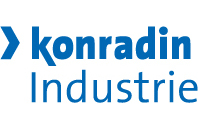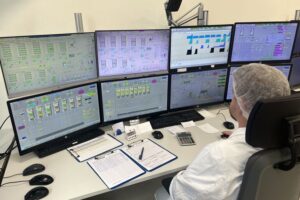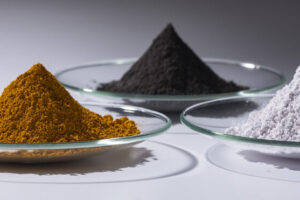BASF aims to continue growing faster than the market with its downstream plastics, as well as large-volume monomers and commodity polymers. By bundling all specialty polymers in the newly created Performance Materials division, the company has further strengthened its focus on the needs of its customers.
Wind energy is one area of focus in entering new growth markets. Another area of expansion is the biopolymers business. In cooperation with TÜV SÜD, BASF has developed a process for flexible use of renewable raw materials in its Production Verbund with a methodology for allocating renewable feedstock to selected certified sales products. This was announced by Dr. Martin Brudermüller, Vice Chairman of the Board of Executive Directors of BASF at a press conference in Ludwigshafen. The conference is BASF’s kick-off event in the run-up to the world’s largest plastics trade fair, K 2013, which starts on October 16, 2013 in Düsseldorf.
“The bundling of product groups with the same business model – downstream specialty plastics on the one hand and large volume basic products on the other – will help BASF to better focus on meeting customers’ needs and operational excellence,” said Brudermüller.
BASF is investing not only in its specialty business but also in basic products required for the specialty polymers business, for example methylene diphenyl diisocyanate (MDI) and toluene diisocyanate (TDI). BASF is currently constructing world-scale MDI and TDI production plants. An MDI plant with an annual capacity of 400,000 t in Chongqing, China, is scheduled to start production in 2014 . A TDI plant with an annual capacity of 300,000 t is also planned to go on stream in 2014 in Ludwigshafen. Integration into the BASF Verbund structure enables a high level of supply security and cost leadership in MDI and TDI, which is a crucial advantage for BASF’s downstream specialties too.
BASF is strengthening its specialty polymer business with a number of investments. These include expanding production of engineering plastics in Ludwigshafen and the acquisition of Mazzaferro’s polyamide polymer business in Brazil. BASF started construction of a new manufacturing plant for the high-performance polymer Ultrason in Korea in 2012. The company is expanding thermoplastic polyurethane production capacity at the Lemförde site. In Ludwigshafen, the production capacity for the innovative insulation material Neopor is being expanded.
Increased use of renewable resources
The increasing use of biopolymers presents another growth market. BASF plans to expand its business in this area. “We are currently stepping up research into a biodegradable, primarily biobased foam with properties similar to those of polystyrene foam for use as packaging for food and electric and electronic goods,” said Brudermüller.
To respond more effectively in future to customer interest in biobased materials, BASF, working in cooperation with TÜV SÜD, has developed an innovative mass balance approach for flexible use of renewable feedstock in the Production Verbund. Using this approach, biomass is already being employed as a raw material in the manufacture of basic products in existing plants. This biomass share is allocated to selected products using a certified methodology. “The product certified by TÜV SÜD as using renewable raw materials is chemically identical to its conventional fossil-based product. Therefore there are no differences in quality, and existing licenses apply. Since there is no need to build new plants, this innovative method makes a contribution to sustainability,” said Brudermüller.
Innovation drives growth
The main driver of profitable growth is innovation. BASF’s spending on research and development hit another record high of 1.7 billion euros in 2012. “We will create key future innovations not only with new polymers but, above all, with novel functional materials and system solutions. BASF has an excellent technology and skills portfolio in polymers and additives that we have enhanced even further by the Ciba and Cognis acquisitions,” said Brudermüller. BASF has combined its polymer and additives research in a single technology platform and developed it into the division Advanced Materials & Systems Research.
Share:








